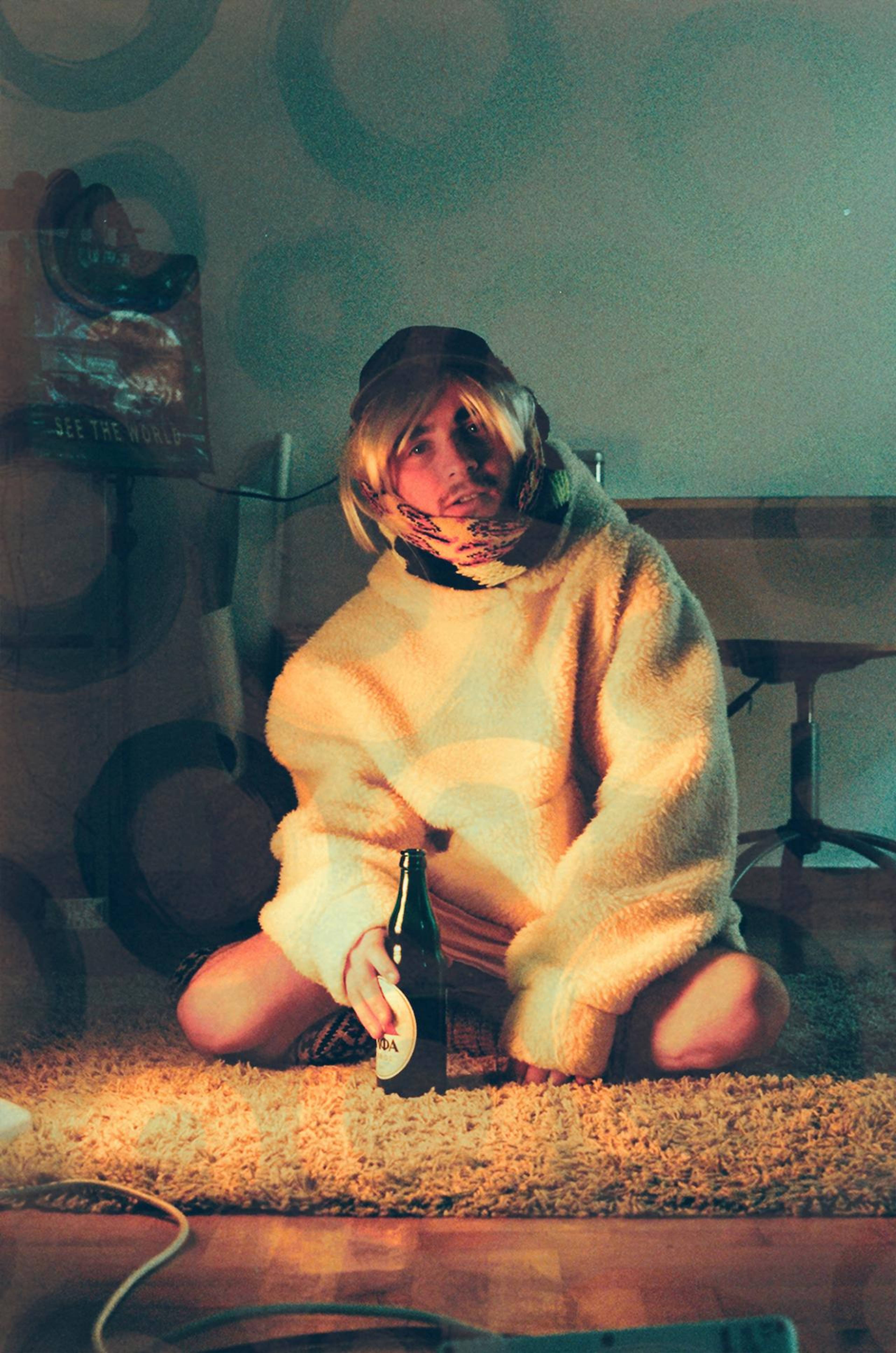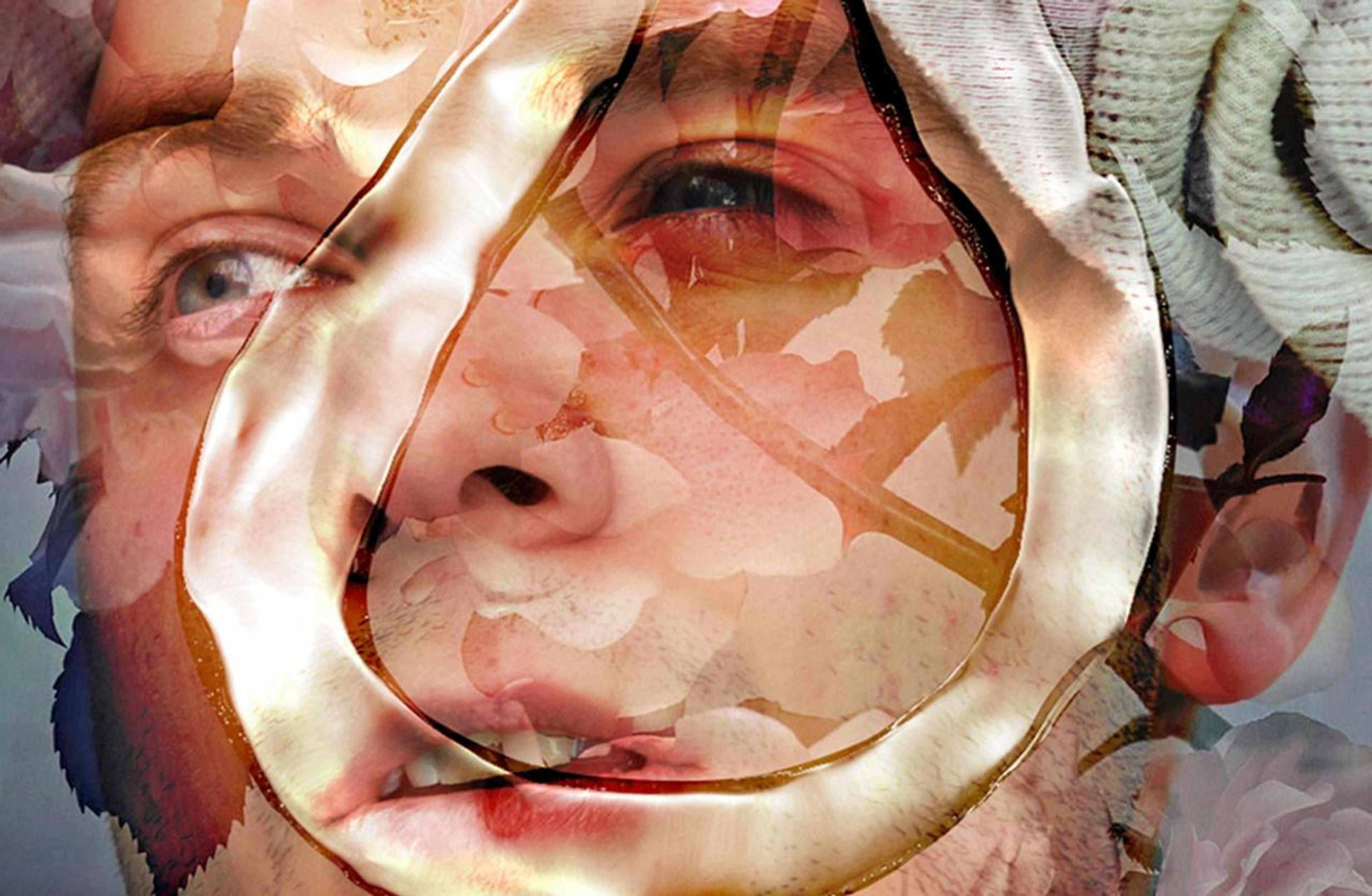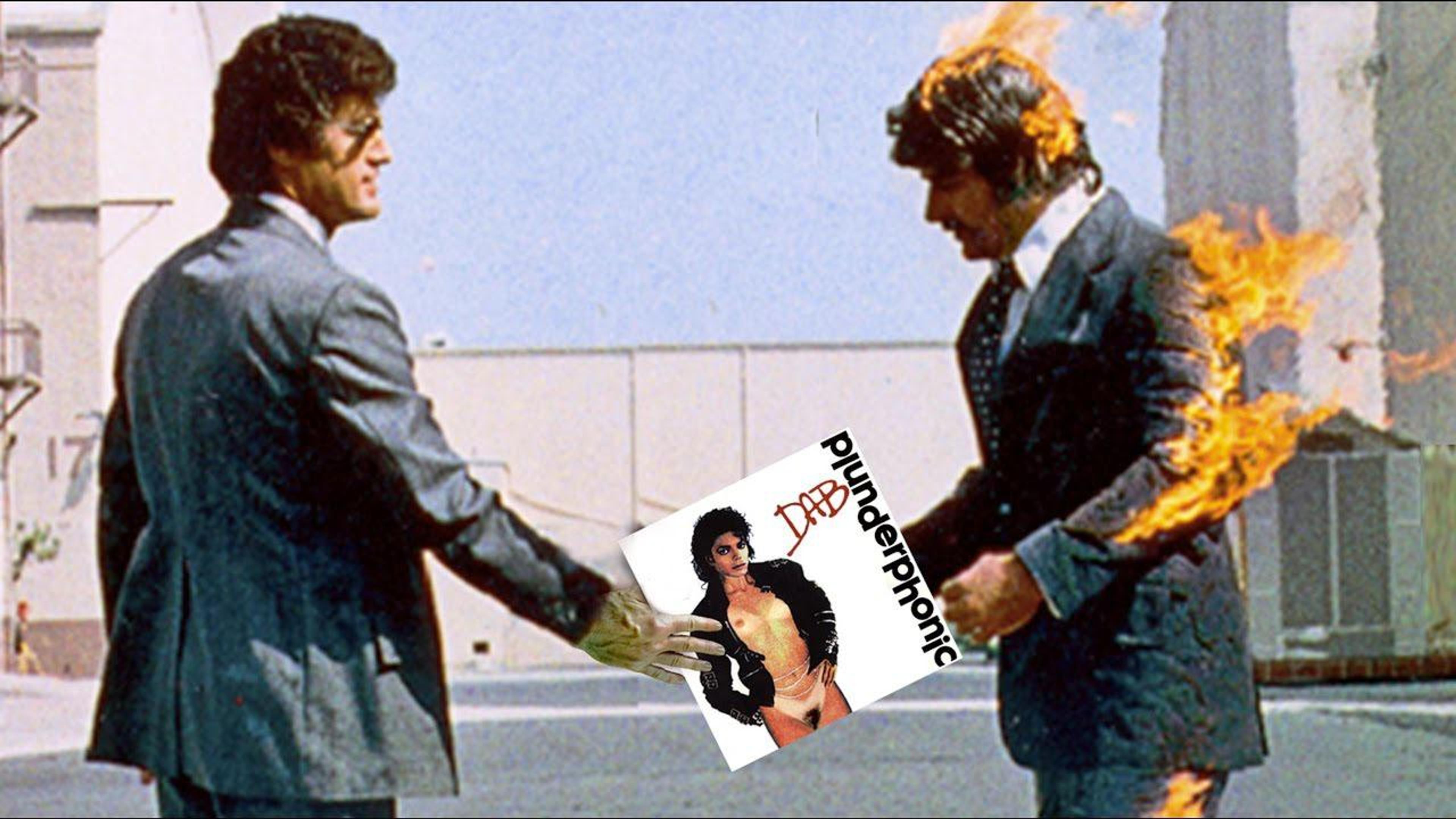Mechanical is likely the last thing Dan Bodan’s fans would think of his music as. The Canadian singer and songwriter is known for warm and delicate yet playful off-kilter pop songs. In other words: the future of musical algorithms depends on his ineffable touch. And so, three years ago, tech giant Google hired the musician to contribute to their royalty-free audio library. Bodan’s prodding mind amalgamated his pleasant day job and the creative and ethical suspicions arising around it into “A Flow of Serosities,” a performance premiering at Berlin’s Haus der Kulturen der Welt this Friday 22 November. Collaborator Scott Carver developed an algorithm to create what can crudely be described as alternate versions of Bodan’s original compositions, all of which, in a characteristically poetic juxtaposition, will be performed by a chamber ensemble as part of “Right the Right,” HKW’s event series about copyright and access in music.
Bianca Heuser: Can you describe your work for Google’s audio library?
Dan Bodan: Three years ago, I’d been working at a startup in Berlin doing content management. It was a remote job and I was living all over the world doing it, just reviewing photos that people uploaded to make sure there’s no tits and dicks and stuff like that. I lost that job, but the day I did, I was contacted by this guy at Google I’d met through a friend and he asked me if I was interested in contributing to an audio library they have on YouTube for people who need background music for their videos, but don’t want to pay the licensing fees for original content. I wrote music for them for the past three years and Google owns the copyright outright, although my name is still attached to it. That was the crux of the talk I gave at ACUD last year, which eventually resulted in this performance: As a worker, a musician, it’s weird to be getting paid the best I’ve ever been paid to do something I love, but on the flip side sign away my future rights to the products of my labour. No-one else is offering to pay me, so I have to focus on the next day as opposed to what happens way down the line. And working for them has been great. After releasing my last album, I toured for two years and came back $5,000 in debt. Soft (DFA) has been streamed a couple of million times on Spotify, and people can recognise me on the street on the other side of the planet, but I couldn’t pay my rent back home. That experience was very discouraging, and I stopped making music in part because of it. So, this job was a real creative spark, because I knew that at the end of the day, I’d be paid a certain amount of money. It’s pretty amazing what you can do when you don’t feel like you’re starving.
Intellectual property is a fairly new concept, that is an obvious necessity in the conditions we live under, but how do you feel about it philosophically?
Ideally, if everyone was taken care of, there probably wouldn’t even be a question about intellectual property rights. We should be able to technically use whatever we find to try and make something new out of it. The problem is that there isn’t an even distribution of wealth, so we do need to protect ourselves. Now, in music, it seems like only very few artists at the top are able to protect their intellectual property rights. Everyone else is just scrambling to make ends meet. From a creative standpoint, I don’t feel like I have any stake in the music I composed for Google. There’s something liberating about that, and it’s probably some of the most ubiquitous stuff I’ll ever do. NASA used one of my songs in a video for the 29th anniversary of the Hubble space telescope .
How did all of this inspire your project for Haus der Kulturen der Welt?
The project Scott Carver and I are presenting is based on my assumption that they’re having other musicians and me write this music because they’re planning to build an algorithm or some sort of system that will enable them to create content out of thin air. Or just by turning a few knobs to determine style and mood, and then music comes out. I have no proof of this, but I have to assume it’s true. If it is, they are just covering their bases by having people sign away future rights to their music. But every algorithm is still based on human input, so eventually, there will be the question of whether we, the people who contributed to the input the algorithm uses, will be compensated for its output. At first, working with an algorithm seemed a little cliché to me. Everyone and their dog is working with an algorithm. What would be the point of that? Eventually, I met Scott Carver, who used to develop aftereffects at Adobe and now works at Native Instruments. He works in algorithmic composition, so I told him about the project and we figured out a workflow whereby I wrote the music that he’d then use as the basis for his algorithms to create variations of.
Dan Bodan Photo: Julia Burlingham
What did you learn in the course of the project?
It was an interesting process because, in a lot of ways, it really demystified what an algorithm is. It’s not some magical creature floating in the air. It’s really just a pretty basic mathematical equation. Now, we set up a bit of a challenge for ourselves: Instead of making music that sounded mechanical – like mid-20th-century minimalism or something in the realm of Techno – we opted to do really lyrical, expressive music. It’s pretty easy to play with rhythm and numbers, and more interesting to use sounds that are more human or emotive. That’s also why I decided on the chamber ensemble. I felt that would shake stuff up a bit. It’s weird seeing what the algorithm does versus what I do as a composer. So much of what we as people do is still taking stuff from a library of your life and rearranging it, probably in really crazy mathematical ways, and whatever that equation ends up being is what your original work eventually turns out to be. It was interesting to see Scott do it as a mathematical equation. I thought: “Right, that’s kind of what I would’ve done if I was to write a variation of this music.” It didn’t seem so fantastic when I saw it being done. It seemed very sensible.
Did that creep you out?
No, part of me expected that. Being underwhelmed by this discovery was the most fascinating part of it. In a way, there was something very comforting about the fact that the output of these algorithms still originates in us humans and therefore is as good or fraught as we are. To me, it reaffirmed that we are still the creators of whatever this mechanical output is.
John Oswald, Plunderphonic, 1989
Dan Bodan & Scott Carver: A Flow of Serosities
Premiere performance by the Kammerensemble Neue Musik
Haus der Kulturen der Welt
Fri, 22 Nov 2019, 8 pm
https://www.hkw.de/en/programm/projekte/veranstaltung/p_161843.php




